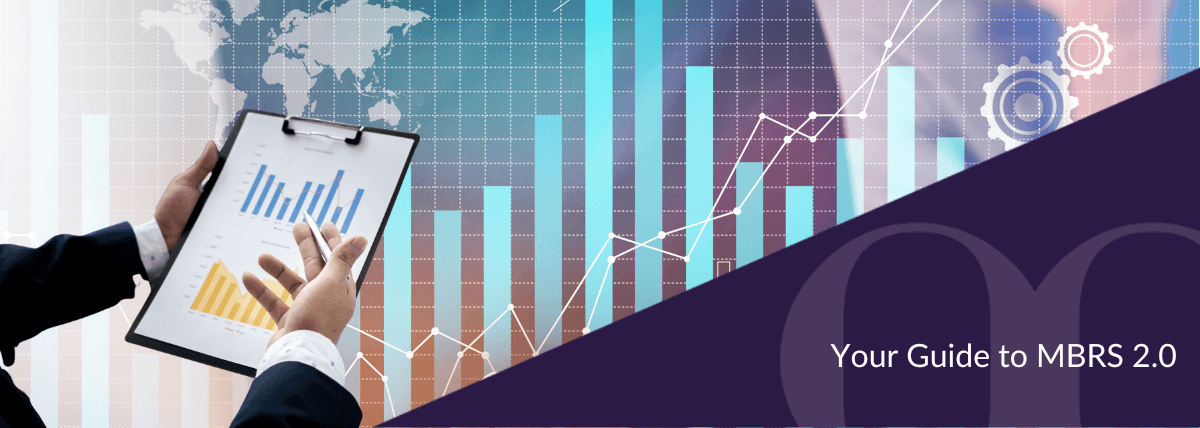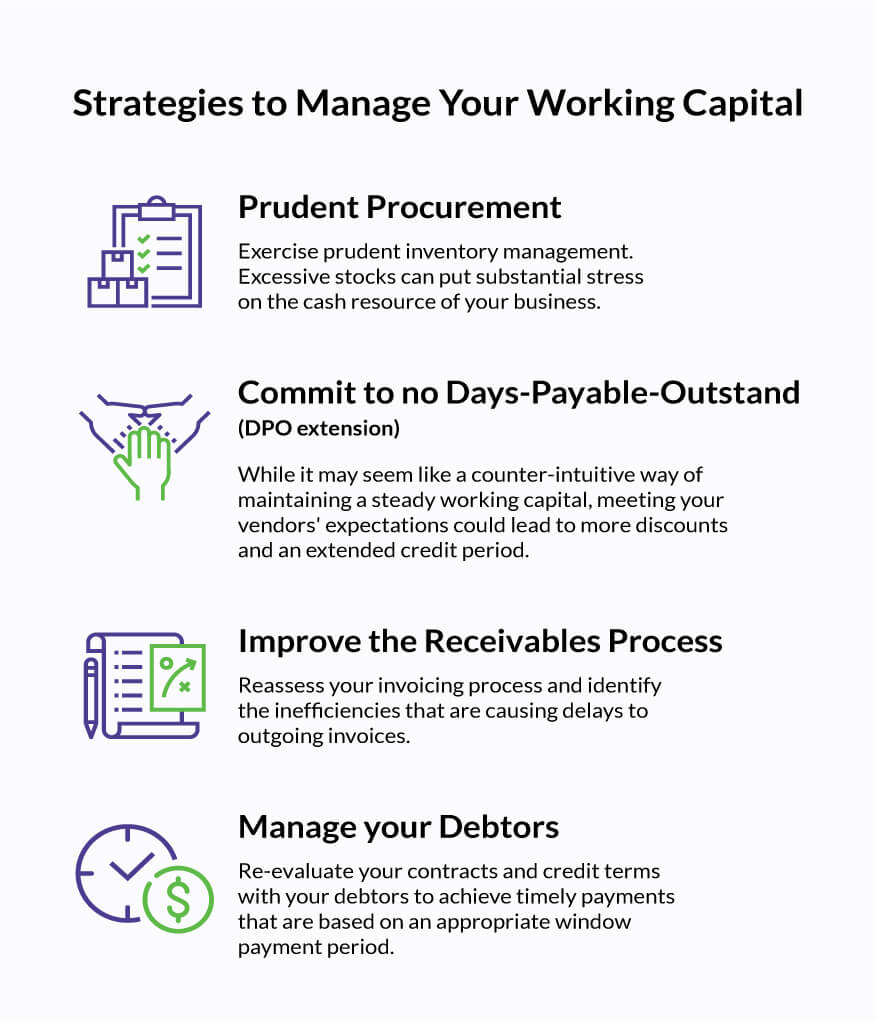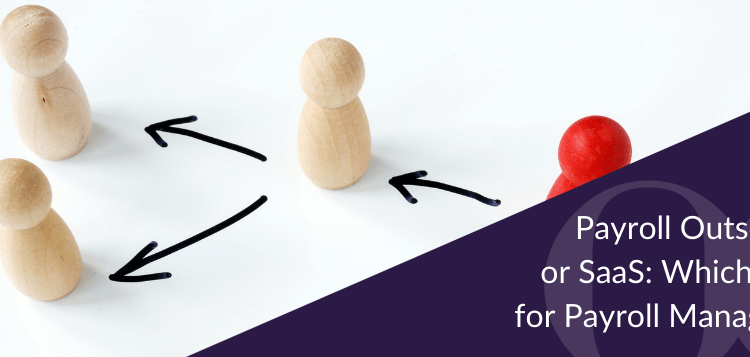Client Profile
BoardRoom Malaysia’s client is a multinational corporation operating in the Asia-Pacific region, specialising in the development, production, and sale of ingredients for fragrance, flavouring, food, cosmetics, and other functional products. With a diverse portfolio serving over 6,000 customers in 150 countries, the client has established a significant presence in multiple markets, including Singapore, Malaysia, Thailand, Indonesia, Philippines, and Vietnam.
To support its regional growth and enhance operational efficiency, the client required a unified cross-border payroll solution for its workforce in Asia, spread across seven countries. Given the complexities of managing a large-scale, multi-country operation, they sought a single point of contact for their payroll and HR needs, allowing seamless integration across jurisdictions and aligning with their strategic business priorities.
Challenges with Previous Vendor
The client, a prominent leader in the manufacturing sector with operations spanning multiple Southeast Asian countries, faced significant issues with their previous payroll provider.
These challenges hindered efficient payroll processing and HR management, causing operational setbacks:
These challenges highlighted the client’s need for a reliable payroll partner who could provide a seamless, efficient, and compliant payroll process capable of addressing both their operational complexities and multi-country requirements.

BoardRoom Malaysia’s 2-Step Payroll Solution Approach
To address the client’s needs, BoardRoom Malaysia adopted a two-step approach, combining payroll expertise with an integrated HRMS platform to deliver comprehensive payroll solutions. This strategy is designed to simplify complex payroll processes and enhance overall efficiency.
Payroll Expertise & Dedicated Engagement Manager
BoardRoom Malaysia leveraged its extensive cross-border payroll expertise, offering a deep understanding of regulations across multiple countries. A dedicated engagement manager was appointed as the single point of contact for all payroll-related matters across the client’s seven locations in Asia. This ensured:
- Efficient Communication: The client could now navigate payroll processes smoothly, resolving issues quickly through a single point of contact.
- Informed Compliance: With a regional specialist overseeing payroll, the client was assured of adherence to each country’s specific payroll regulations, reducing compliance risks.
Integrated Cloud-based HRMS Platform – Ignite
Recognising that the client’s payroll and attendance systems required seamless integration, BoardRoom implemented its cloud-based HRMS platform, Ignite. The multi-country payroll system provided:
- Seamless Attendance Integration: Ignite’s time and attendance module integrated directly with the client’s clocking system, automating data transfer and eliminating manual input. The automation of attendance tracking not only improved accuracy but also sped up payroll processing.
- Centralised Payroll Access Across Multiple Countries: The client could manage multi-country payroll operations across all their Asian countries from one platform, streamlining their administrative workload and improving overall payroll efficiency.
Through these two key capabilities, BoardRoom Malaysia offered the client a robust and reliable cross-border payroll solution that addressed their immediate needs while also enhancing the client’s ability to manage a multi-country workforce effectively.

Results and Recommendations
The implementation of BoardRoom’s cross-border payroll solutions led to notable improvements for the client, driving efficiency and supporting smoother HR operations, such as:
The client’s successful transition to BoardRoom Malaysia’s payroll system demonstrates the impact that a well-integrated and reliable solution can have on a manufacturing company’s HR processes. With BoardRoom’s support, the client could efficiently navigate the complexities of cross-border payroll across multiple jurisdictions, enhancing overall business operations.
In the context of the Malaysian manufacturing sector, this case reinforces the importance of seamless payroll management to support business growth. For an in-depth look at payroll strategies within the manufacturing industry, BoardRoom’s article on mastering payroll in the manufacturing industry offers further insights into advanced solutions for managing a global workforce. Companies seeking tailored payroll expertise can also explore BoardRoom’s payroll services in Malaysia.
About BoardRoom
BoardRoom Malaysia’s commitment to providing customised payroll solutions has become a driving force for its clients, where the company’s services offer seamless integration with existing systems, greater accuracy, and comprehensive HR operational support. With their ability to understand industry-specific needs and deliver solutions that enhance business efficiency, BoardRoom continues to be a trusted partner for payroll outsourcing services and the leading provider of multi-country HRMS solutions in Malaysia.
Related Business Insights
-

26 Feb 2025
Common Misconceptions About Outsourcing Accounting Services and the Truth Behind Them
Discover the truth behind accounting outsourcing myths and how BoardRoom can streamline your finances and reduce co …
READ MORE -

19 Feb 2025
Your Guide to MBRS 2.0
Discover how MBRS 2.0 streamlines compliance for Malaysian businesses with enhanced digital reporting and secure su …
READ MORE -

15 Jan 2025
E-Invoicing For Tax and Accounting Excellence
Transform your tax and accounting processes with e-invoicing. Enhance compliance, streamline workflows, and gain re …
READ MORE





























